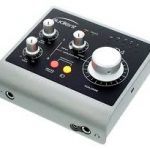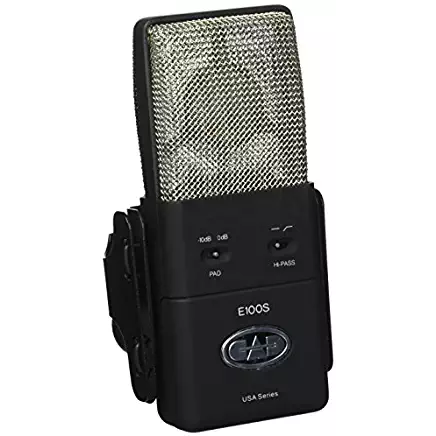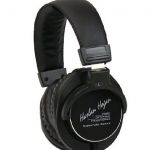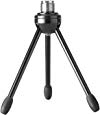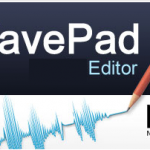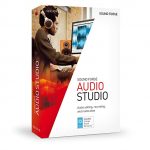Fact: Because people judge upon ‘first impression,’ your listeners judge your show upon the first thing they hear – which is your audio quality.
In other words, audio quality may be a more important variable to success than your show’s content or your host’s and guest’s personality. So you’ve got to sound good. Your whole Podcast has to sound good. Or you could lose listeners and sponsors as fast as you gain them.
And given how hard you work for branding content and other elements of your show, it seems senseless to not care about sub-optimal sound quality. Especially when it’s so simple to correct.
Another fact: Studies show that listeners hear the difference between industry-standard quality and lesser quality. Sometimes they can pinpoint the issues that cause them to stop listening (e.g., your episode sounds too bassy in their headphones, or the sibilance bothers their ears on earbuds, or your normalization isn’t consistent across hosts, guests, bumpers, and sound clips). Other times they can’t exactly pinpoint what it is that bothers them – in fact sometimes it’s something they unconsciously hear. But either way, they’re likely to stop listening when your episode doesn’t sound right. So if you’ve lost listeners, it’s quite possible it’s not your content or guests, but rather your audio quality.
Therefore we encourage you to either become a skillful engineer, or use an audio enhancement service such as Audio TouchUp (audiotouchup.com – they’re one of the new ones to enter the market). Services like them cleanse your audio (noise reduction) of room noise, hiss, and buzz, they remove mouth clicks, pops, sibilance, and loud breaths, they get rid of echo from your recording room, they equalize your podcast to specs, they balance your loudness levels for each snippet of audio (hosts, guests, sound clips, music, ads,…), they limit the dynamic range of an episode (usually to around 8 LUFS max) so your listeners don’t need to continually adjust their volumes, and they bring your overall loudness level to industry standard (which is usually around -18 LUFS depending on a few variables).
Most services offer additional nice touches such as mixing in sound clips (bumpers, paid sponsors, advertisements, intro’s, outro’s, segues), converting your file to/from different podcast file types (MP3, M4A, WMA), and editing out the stuff your listeners don’t like to hear (gaps, stutters, stumbles, and so on).
Let us recap: Pristine audio is something all podcasters have to devote concern to. Folks, it’s as important as the personalities of your hosts and guests, the content of each episode, and your show’s format.
So if your audio is not up to snuff and you’re not a skillful engineer, use a service. Plus these services are inexpensive. Audio TouchUp and other sites like them charge as little as 30 bucks per show. Money well spent. If you gain one sponsor as a result of better sound quality, that alone could make you more profitable.
Some of these services charge a monthly flat fee (ideal if you’re sure you’ll pump out multiple shows every month). Others are on-demand and you just pay by the minute (ideal if you’ll have less content, shorter shows, or less frequent shows).
Heed our advice, focus on your audio quality as much – or more – than you with the other elements of your podcast.


